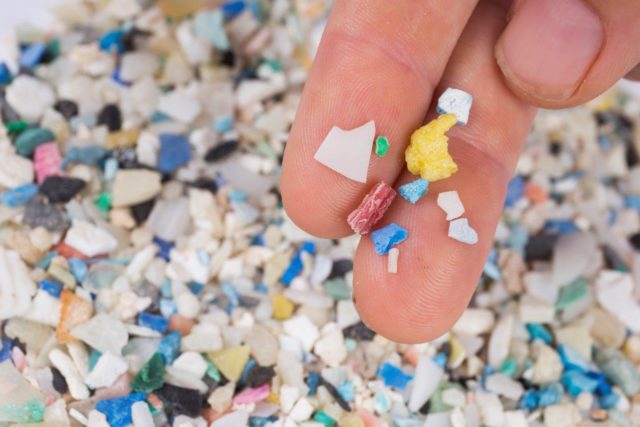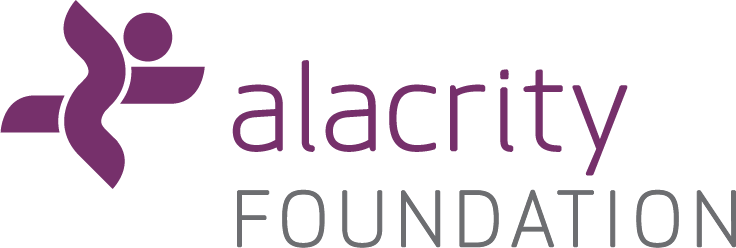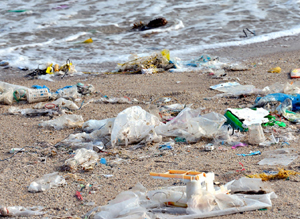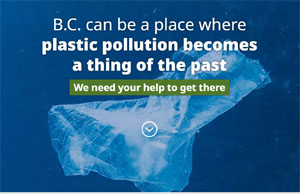
Friday December 18, 2020 | VICTORIA, BC
by Kiley Verbowski | Island Social Trends | Mary P Brooke, editor
A new part of the CleanBC Plastics Action Plan is allotting a $5 million project to provincial innovators that can recycle plastics locally.
The use of plastics in manufacturing is still growing, but only a small fraction is recycled back into the plastic supply chain. The recycled plastics manufacturing stimulus fund will expand the use of innovative technologies to turn used plastics into new products, support the circular economy of plastics, and increase local processing capacity for recycling and create new jobs.
“Plastic overuse, waste and pollution are impacting environmental and human health all over the globe, and consumers are increasingly demanding products made with recycled content,” said George Heyman, Minister of Environment and Climate Change Strategy. “There is enormous potential for plastic waste to be source material for new products.”

Criteria for applications:
Projects must achieve at least one of the following outcomes:
- increase B.C.’s processing capacity to supply more post-consumer resin (PCR) plastics to product and packaging manufacturers;
- increase the use of PCR plastic in manufacturing; or
- support PCR plastic product research, design and testing (including trials with potential to increase use of PCR plastic).
The following criteria will apply to all applications:
- Eligible organizations include Indigenous groups or organizations; not-for-profit organizations; social enterprises, community contribution companies or co-op organizations; and private companies.
- Projects are to be located within B.C. and completed by Dec. 31, 2021.
- Applicants commit to providing one-third of eligible project costs toward the total cost of the project.

Proposals will be accepted until Feb. 15, 2021. Fund recipients and their projects are expected to be announced by April 2021.
More information, and the application can be found here.
Alacrity Foundation of B.C.:
The $5-million program will be administered by the Alacrity Foundation of B.C., a Victoria-based not-for-profit organization that connects entrepreneurs and innovators with support, mentorship and capital.
“It’s clear that we need to move away from single-use plastics and make better use of post-consumer recycled materials.” said Richard Egli, managing director of Alacrity Canada. “By identifying projects and companies that have innovative solutions when it comes to plastic recycling, we can help boost B.C.’s manufacturing supply chain and create new jobs and opportunities.”
Alacrity has over a decade of experience supporting technology entrepreneurs in developing small- and medium-sized companies throughout western Canada. Companies that are part of the Alacrity Cleantech Program use innovation to develop solutions for microplastic pollution and ocean monitoring, water treatment, energy efficiency and other crucial sectors.
The seriousness of plastic waste:

[web].
This year scientists found evidence of microplastics in human placentas. In 2015, microplastics were discovered in the deepest reaches of Mariana Trench, 36, 000 feet below the surface.
In the 2019 CleanBC Plastics Action Plan consultation, 94 per cent of respondents reporting they were concerned about plastic waste, and 86 per cent stating it was important to seek out products with more recycled content. Over 35, 000 British Columbians responded.
On average, Canadians consume 3.3 million metric tonnes of plastic annually, and about 2.8 million metric tonnes are thrown away as garbage.
B.C.’s recycling role:
B.C. has more extended producer responsibility (EPR) recycling programs than any other jurisdiction in North America.

315,000 tonnes of plastics, such as those in electronics, beverage containers and other packaging, are captured annually in B.C.’s EPR programs.
By diverting 160,000 tonnes of material from the landfill, greenhouse gas emissions were reduced by over 200,000 tonnes (CO₂e).
Recycle BC, a producer-funded agency, collects 41% of all plastic packaging from the residential stream, with 98 per cent of plastics remaining in B.C., with a local end-market in metro Vancouver.
Right now, some municipalities across the province have single-use plastic bans, but the Ministry of Environment and Climate Change Strategy has yet to announce a province-wide plan.





